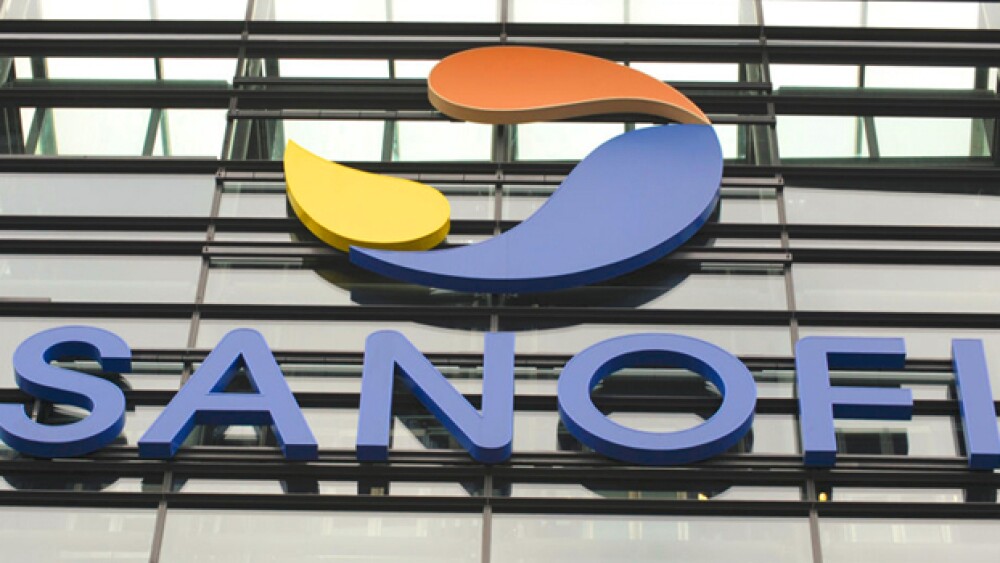Despite Brandicourt’s positive spin, investors were displeased as the company’s financial report fell shy of analysts’ expectations.
The launch of Dupixent, pediatric vaccine sales and continued growth in Sanofi’s multiple sclerosis franchise were the strongest revenue drivers in the third quarter, Chief Executive Officer Olivier Brandicourt announced Wednesday as the company revealed its latest financial report.
Despite Brandicourt’s positive spin, investors were displeased as the company’s financial report fell shy of analysts’ expectations. During Wednesday’s trading, shares of Sanofi fell slightly to close at $46.48. That trend fell in premarket trading with shares of Sanofi falling to $45.95.
Sanofi missed analysts’ expectations by about 2 percent, The Street noted. The company continues to see its diabetes franchise decline. In the third quarter, diabetes revenue dropped by 10 percent, which the company said reflected lower sales of Lantus in the United States. Sales of Lantus fell about 15 percent in the quarter and Sanofi said sales of glargine fell about 11 percent. That is likely to continue. In its report, Sanofi said it projects an accelerated decline of U.S. diabetes sales in the fourth quarter of 2017. The company’s diabetes platform is losing ground to increased competition from generics, as well as the loss of patents.
The company reported its multiple sclerosis pipeline saw sales growth of 15 percent, which was driven by strong performance of Aubagio in both the United States and Europe. While the company reported a 15.7 percent increase in its MS platform, which too fell short of what analysts were hoping, The Street noted.
Despite the declines in revenue and the failing to meet the expectations of analysts, Sanofi said it maintains its guidance for 2017 earnings.
Although falling short, Brandicourt pointed to the positives.
“The strong launch of Dupixent in the U.S., the continued double-digit growth of our Multiple Sclerosis franchise and the performance of our pediatric vaccines were important drivers in the quarter. These positive dynamics, accompanied by robust growth in Emerging Markets and disciplined expense management, offset the decline of our Diabetes franchise. We are pleased by the progress in R&D demonstrated by the positive phase 3 topline results in asthma for Dupixent and the recent advances of cemiplimab, our anti PD-1, in oncology,” Brandicourt said in a statement.
While Brandicourt did point to growth areas, the company did say in its report that it had decided to stop the development of SAR156597 for the treatment of Idiopathic Pulmonary Fibrosis. SAR156597 is a bispecific monoclonal antibody against interleukin (IL)-4 and IL-13, two molecules that have been implicated as mediators of IPF development. In its announcement, Sanofi did not specify why it was terminating the program.





